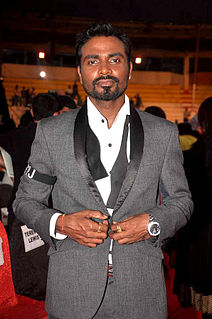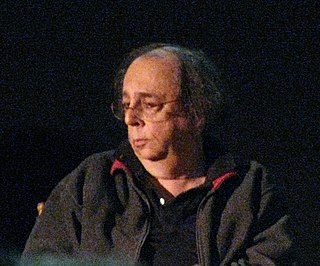A Quote by Pauline Oliveros
The San Francisco Tape Music Centre was a kind of collective non-profit that my friends and I got started so that we could pool our equipment and make tape music.
Related Quotes
I had invented my own system, my own way of making electronic music at the San Francisco Tape Music Centre, and I was using what is now referred to as a classical electronic music studio, consisting of tube oscillators and patch bays. There were no mixers or synthesizers. So I managed to figure out how to make the oscillators sing. I used a tape delay system using two tape recorders and stringing the tape between the two tape machines and being able to configure the tracks coming back in different ways.
I'm always looking for older equipment and ways of recording, but you can't escape the fact that it's all going to be digitized and reduced. I do think music sounds better when it's on tape and more simply recorded. I've been arguing with people for 10 years about tape versus digital, and I believe tape is absolutely essential in getting the sound that's conducive to the enjoyment of music. I wonder if it's going to go back to that. Sometimes I think it has to. As music becomes more computer-based, it's lost some emotional impact.
I was 14-15 when I first saw Michael Jackson dance, and I thought, 'How can he move like that?' I started following him. We didn't have TV in those days, and could access videos on VCR. But who in Gujarat would keep a MJ tape? After a year or so, I knew somebody from Mumbai who got that tape for me.


































